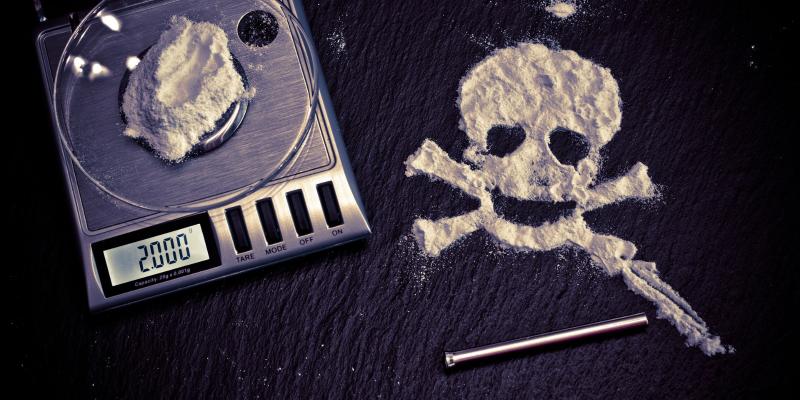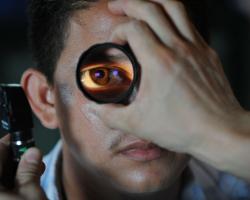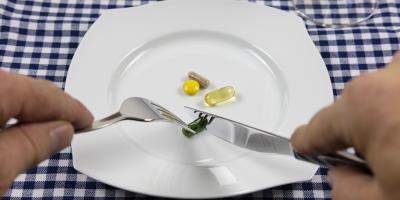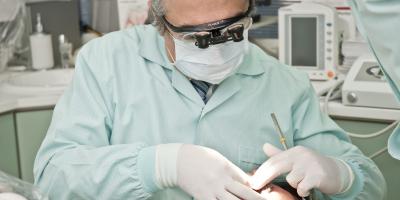Approximately 14 percent of adults in Poland have come into contact with drugs, usually with marihuana or hashish (12 percent). The number of drug addicts is dropping year to year. However, the numbers of young people experimenting with cannabis are rising.
An online outpatient clinic at www.narkomania.org.pl, which is operating pursuant to the order of the National Bureau for Drug Prevention, reminds us that the using psychoactive substances is associated with the risk of physical or mental addiction.
Addiction
“Addiction constitutes the crossing of an elusive line between will and need, which completely disturbs control. This line is crossed only once, but with no return," stresses the Office.
Mental dependency is a desire to experience various situations under the influence of drugs. The formation of such dependencies applies to all drugs, but is conditioned by the type of substance and the user.
Physical dependency concerns only certain drugs; it is the effect of the nervous system’s adaptation to the presence of a psychoactive substance.
Even if an addict does not use psychoactive substances, he or she will remain an addict for the rest of his or her life.
The effects of drug abuse
Stopping using a substance, to which the organism is addicted, entails disorders referred to as the abstinence syndrome. Its nature and intensification can vary, but its course will always be unpleasant to the addict.
Addiction to psychoactive substances causes numerous health problems, including lethal poisoning, chronic mental disorders, and the devastation of the organism.
Addiction also leads to serious financial and emotional problems. Approximately 50 percent of suicides are committed under the influence of psychoactive substances.
Prevention and treatment
Depending on the level of danger, addiction prevention can be universal, selective or indicative.
Universal prevention is aimed at all children and young people. Its objective is to discourage drug experiments.
Selective prevention is aimed at groups with established risk factors, including recreational drug users as well as children and young people at risk of social exclusion.
Indicative prevention is aimed at people diagnosed with the initial symptoms of disorders resulting from drug use, or at particular risk of developing of such conditions. Its objectives include preventing the development of addictions.
The experts stress that there is only one way of breaking the habit: therapy.
A list of centres providing help to addicts is available on the website of the National Bureau for Drug Prevention (www.kbpn.gov.pl/portal?id=112358) and at (www.narkomania.org.pl/gdzie-szukac-pomocy).
In Poland, the treatment of addicts is free of charge.
Legislation
The issues concerning drugs, including treatment and penalties for their distribution, are regulated by the Act on Counteracting Drug Addiction.
The operating directions for consecutive years are established by the National Programme on Counteracting Drug Addiction.
The National Bureau for Drug Prevention, which was established by the Ministry of Health, is operating in Poland. Its objectives include situation monitoring and limiting the use of intoxicants.
There is also a coordination and counselling authority operating at the Prime Minister's office – the Council for Counteracting Drug Addiction.
Polish institutions are cooperating with the European Monitoring Centre for Drugs and Drug Addiction – a EU agency.









Comments (0)